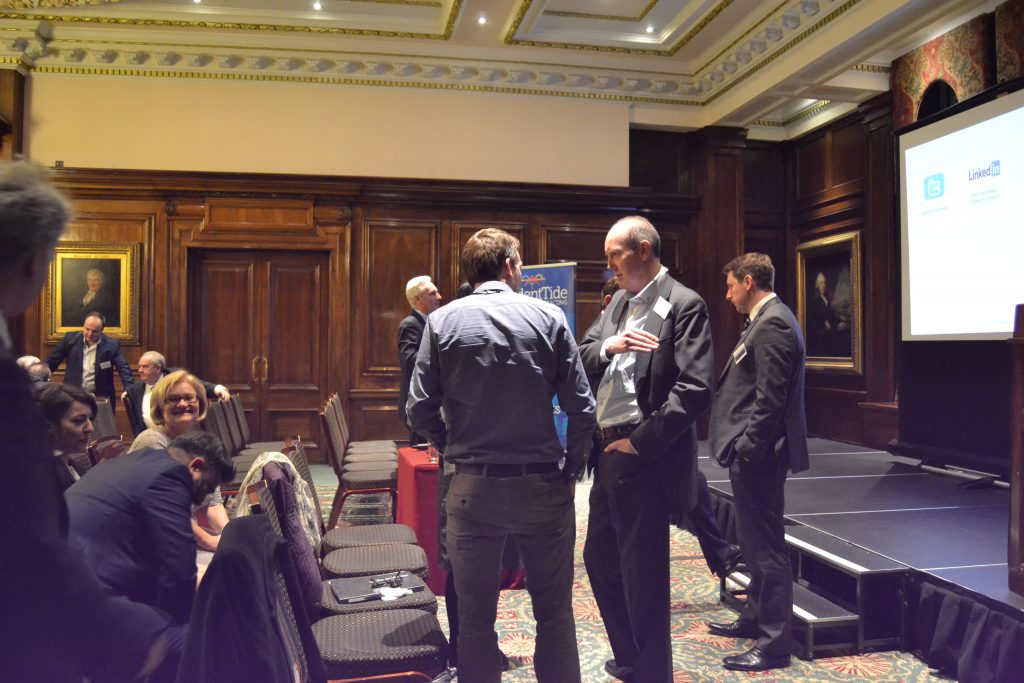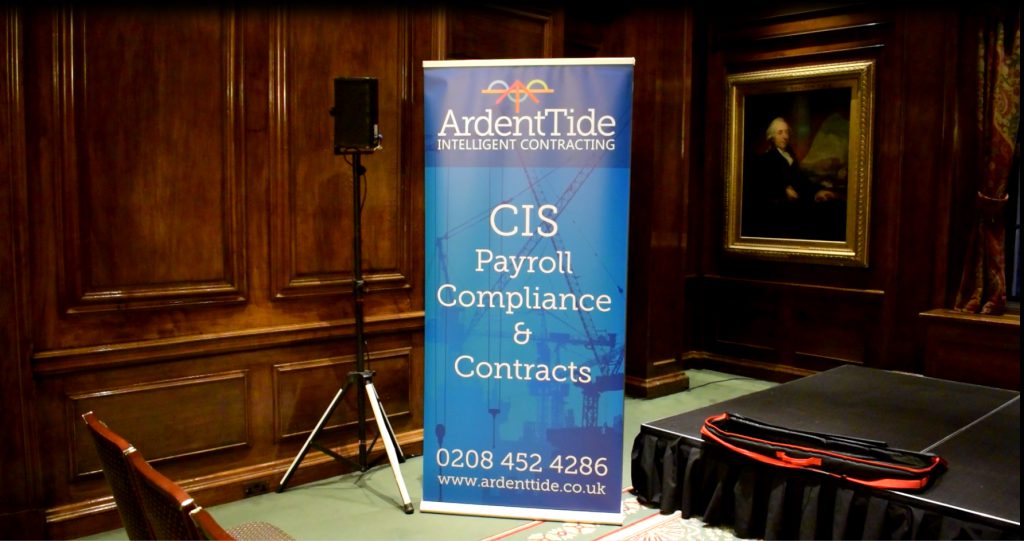![]()
The changes to Tax and employment laws has seen great debate within the Construction industry and especially all those self-employed operatives who work within it. We have seen recently some significant changes to employment and tax rules and the effects this has had on everyday operatives who have been used to working under CIS for some years now.
UK Plant Operators are receiving daily questions with regards to status and operatives are saying they feel slightly in the dark when it comes to how these changes will affect them. This debate on self-employment and the right to be self-employed is particularly relevant to the construction industry where traditionally the industry has needed flexibility to respond to the dramatic changes in the level of activity
A recent survey by the Nationwide Federation of Plant and Equipment Operators (NFPEO) and UK Plant Operators saw some 10,000 respondents with 83% of operatives wanting to remain self-employed for several reasons.

At the last NFPEO meeting in Dartford a debate was had about the changes where a number of self-employed operatives were moved to employment contracts. The mood was one of despair as operators who previously enjoyed the flexibility self-employment gave them aired their views. Duncan Jones Operator for 25 years Said “Everyman has the right to be self-employed – the country has been built on shopkeepers or self-employed SME’s.” “I want to set the rate I feel I am worth and what I believe the market is at the time, as a small business I expect to be able to choose the type of work I want to do and where I do it, I don’t expect to have a constant battle with an employer about what I will be doing tomorrow and by the way there is no work so please sweep the yard!!” If there is no work – fine I except that but I am free to find other work with whoever I want.”
Dale O’Hara another Operator of over 20 years said “being self-employed doesn’t really put much more in your pocket, this is a myth really, you still should put some away for your time off and other thing like accounts and workwear, but the benefits are the flexibility it gives you”
So with a few questions to hand UK Plant operators decided to attend a recently held seminar at the Institute of Civil Engineers held by Ardent Tide and find some answers for our readers. Ardent Tide are industry leader in Compliance, Tax, Audit and Payroll for Construction Businesses. The event was well attended by companies throughout the various construction sectors.

Dermot O’Grady from Ardent Tide moderated the event and explained the purpose of the event was to discuss the current workforce challenges facing construction companies.
Matt Boddington of Chatergates discussed employment status and recent high profile cases around employment status like Uber, City Sprint & Pimlico Plumbers. Matt reported that recent media reports regarding Pimlico Plumbers did not mention the fact that the worker, Mr. Smith, actually lost his claim for employee status. The Employment Tribunal found that the operative, Mr. Smith, was a worker as they felt he had to provide his services personally given that the contract did not allow Mr. Smith to provide a substitute. He is now able to pursue claims for disability discrimination, holiday pay and unlawful deductions from wages. In spite of this the case is a positive result for those who engage self-employed ops correctly.
Matt also outlined common mistakes surrounding expenses. Companies pay these gross when they should be taxed. Similarly, when it comes to paying Invoices for materials & labour and/or plant & labour HMRC are collecting tax and penalties from companies who get all these wrong. Matt said getting the apportionment as accurate as possible is critical, and you must never just pay what your subbie presents on the invoice without ensuring it is correct. Exemptions exist for hired in plant but like materials these charges also should be evidenced to avoid penalties.
Finally, regarding the Apprentice levy Matt explained that funding can be obtained to upskill the existing workforce as opposed to having to employ an apprentice which would be beyond many of the smaller SME’s. If you are CITB registered it is now possible to make a profit on upskilling the workforce.
[ads1]
Karen McDonough, Home Office, addressed the importance of protecting businesses and supply chains from illegal workers. Not only do they pose a serious risk of reputational damage but they encourage exploitation and deny work to legitimate workers. Recent activity in the construction sector in West London exposed over 800 illegal workers. Some were found in high risk areas like Airports and previous sweeps have found abuse in Nuclear and sensitive infrastructure projects. Since 2015 there were about 7000 enforcement operations resulting in 2500 civil penalties against employers and collections of over £12.5m in fines.
Finally, Henry Hathaway from Silver Shemmings reminded us that Employers can be found vicariously liable when engaging illegal workers. If an illegal worker has an accident or other event resulting in an insurance claim while the insurer will pay out there are now cases where the insurer sued the construction company to recover those funds.

So what did we learn from the event which we can pass on to the followers of UK Plant Operators?
Along with a better understanding of the pitfalls companies face when engaging employees or sub-contractors, there are many benefits in using a reputable payroll company to ensure that things are done compliantly.
That the benefits seem clear of being a self-employed worker, with flexibility and freedom tends to be the main reason why more and more people tend to be moving towards self-employment. Typically, self-employed tend to have the opportunity to earn more.
Understanding what the basic rules which make you employed and self-employed are important to know. Employment status is not a choice, it is a question of fact. There are certain indicators that indicate you are self-employed, such as; the terms of your contract; not having to provide the services personally; having a number of clients; being able to choose how to do the work; using your own plant; filing self-assessment tax returns; etc.

With all this in mind it is important to understand the help and advice operatives get from a company like Ardent tide, which main one being they help you with tax and payment issues primarily but we have also helped people with queries on their employment status. Given that they engage employees as well as self-employed we are well placed to help out with any query they might have.
Many of our readers are also owner operators and plant providers to the industry and it was interesting to hear Dermot discuss some of the common mistakes contractors often make with sub-contractor deductions and some tips on how to avoid them:
[ads1]
Paying subcontractors any part of their payments without tax deduction
Many people are unaware that you must tax everything when it comes to subcontractors, except expenses for qualifying materials.
Unlike employees, subcontractors don’t qualify for expenses to be paid without a tax deduction, even for such things as reimbursement of fuel and hotel/B&B costs.
Automatically assuming the deduction rate will be 20%
All payments made to subcontractors are subject to the relevant rate of tax which is confirmed when you verify them with HMRC be it: 30% 20% or Gross.
Assuming a Limited Company can automatically be paid Gross
A sub-contractor who is registered as a Ltd company must have CIS deducted unless they have registered for and have been confirmed and verified by HMRC, to have ‘Gross status’.
Incorrectly Classifying which jobs in construction fall in and outside of the Construction Industry Scheme (CIS)
Many construction companies engage workers on a self-employed basis: Cleaners, Estimators, Consultants, Quantity Surveyors etc.
Knowing which work falls outside of CIS, isn’t always as easy as you think and getting it wrong will cost you the 20% you didn’t deduct!

Incorrect apportionment of materials
A common mistake is to accept the subcontractors charge for materials.
As the onus is on the paying company, it is important to note that it is the actual cost of the materials to the subcontractor and not their charge-out for the materials that is important for CIS.
Ardent Tide are planning to have another event with a Government Minister and other key people to specifically address the above issues. The industry, and wider economy, need to know what plans are afoot re securing certainty about having enough skilled legal labour to do the work at hand we will be there to answer any of your questions and keep you updated on the latest issues and legislation, we will also be answering many of your questions put to us from Dermot O’Grady of Ardent tide on a regular basis in the magazine and website.























